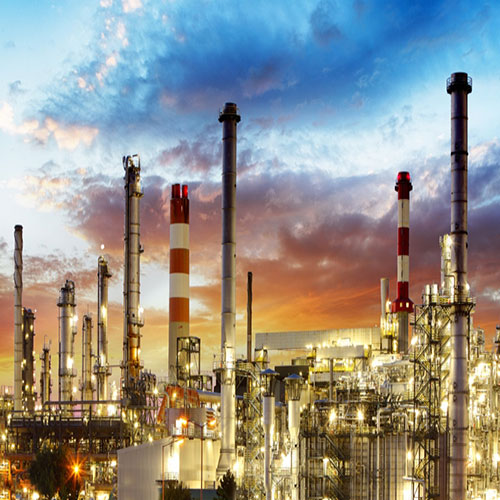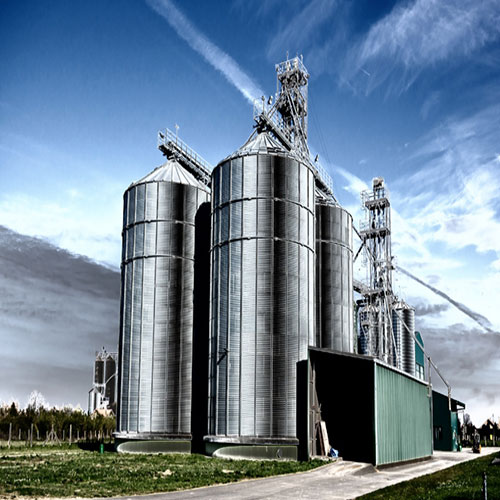Manufacturing

Manufacturing
From being an importer of petrochemicals, Malaysia is today an exporter of major petrochemical products. A wide range of petrochemicals are produced in Malaysia such as olefins, polyolefins, aromatics, ethylene oxides, glycols, oxo-alcohols, acrylic acids, phthalic anhydride, acetic acid, styrene monomer, high impact polystyrene, ethyl benzene, vinyl chloride monomer and polyvinyl chloride and polybutylene terephthalate. These world scale plants have also contributed significantly to the development of local downstream plastic processing activities by providing a steady supply of feedstock material for the plastic industry. These factors have led the plastic products industry to become one of the most dynamic industries amongst Malaysia's manufacturing sector.
The plastic industry can be divided into four sub-sectors, namely packaging sub-sector, electrical & electronics and automotive components sub-sector, consumer and industrial products sub-sector and others. The packaging sub-sector, both flexible and rigid (including bags, films, bottles and containers), remains the largest market for the plastic industry. The main production processes involved in the plastic producer's industry is injection molding, pipes and profiles extrusion and foam molding.
Aside from the plastic industry, Pengerang Maritime Industrial Park could also be the ideal place to attract high value-added manufacturing activities on the advanced electrical and electronics, renewable energy, aerospace, security and defense, medical devices and many others.
Ongoing Trend For The Energy Sector Of Malaysia
Malaysia's energy demand will almost double between today and 2040, with rising contributions from all energy sources.
Fossil fuels remain dominant in Malaysia's energy mix, with its share still projected to exceed 90% by 2040, although the hierarchy changes. Coal demand increases by more than a factor of three over the projection period, overtaking both oil and gas to become the primary fuel in the country's energy mix. Oil demand is projected to rise to about 1 million barrels per day by 2040, while the growth in natural gas demand slows.
Demand for renewables more than doubles by 2040, with their share of electricity generation rising to 16%, underpinned by strong policy support.
Malaysia's role in international markets shifts as the country becomes increasingly dependent on oil and coal imports, while natural gas exports fall back.
Source: Southeast Asia Energy Outlook 2015, by International Energy Agency (IEA)








